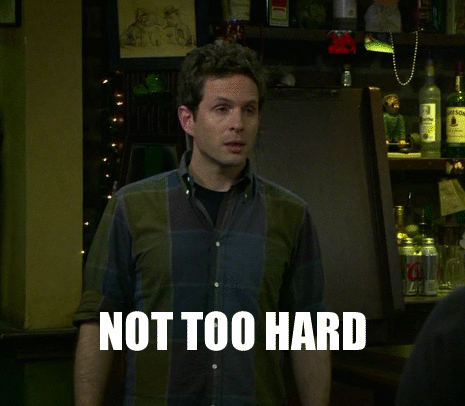It's taken me waaaaaay to long to understand this, I feel like this important fact is glossed over in tutorials 😑
Always had trouble with the string muting just placing the tip of the finger on the string, which is what they all say. Yes you need to use the tip, but you also need to press the string all the way down with your finger so it touches the neck of the guitar. Though I am by no means doing this perfectly yet, but it's a start.
Anyone else struggle with this?
Always had trouble with the string muting just placing the tip of the finger on the string, which is what they all say. Yes you need to use the tip, but you also need to press the string all the way down with your finger so it touches the neck of the guitar. Though I am by no means doing this perfectly yet, but it's a start.
Anyone else struggle with this?




